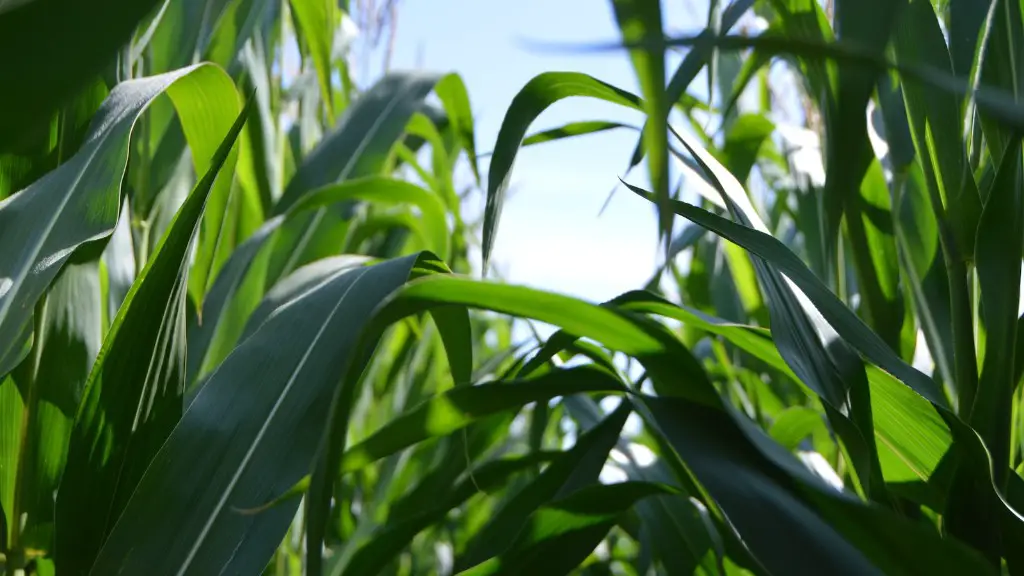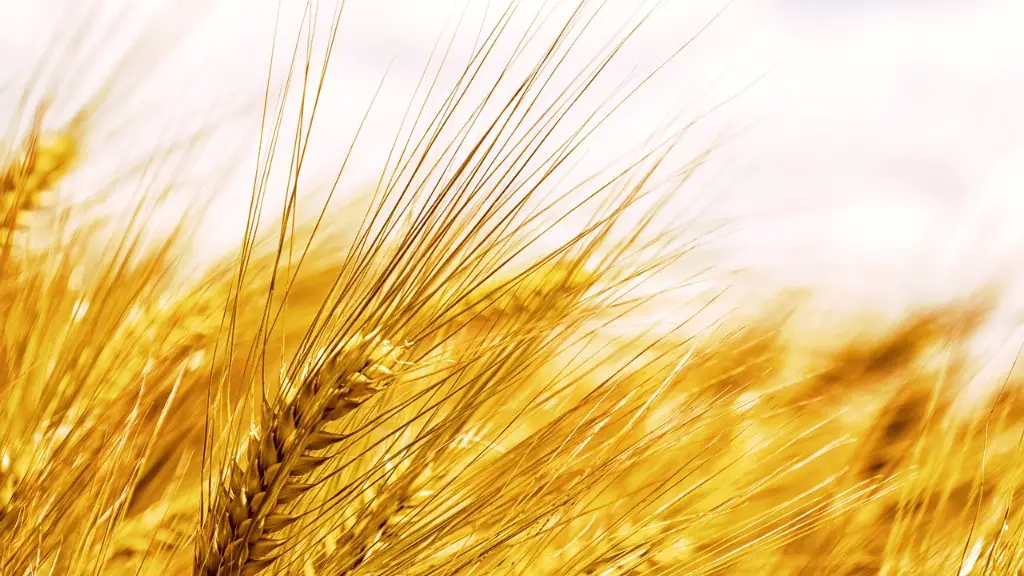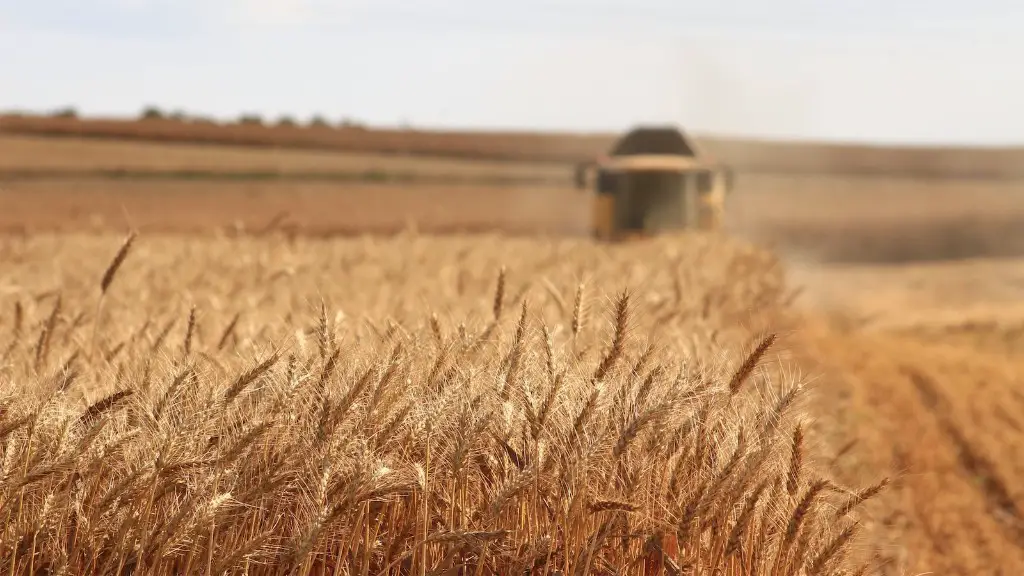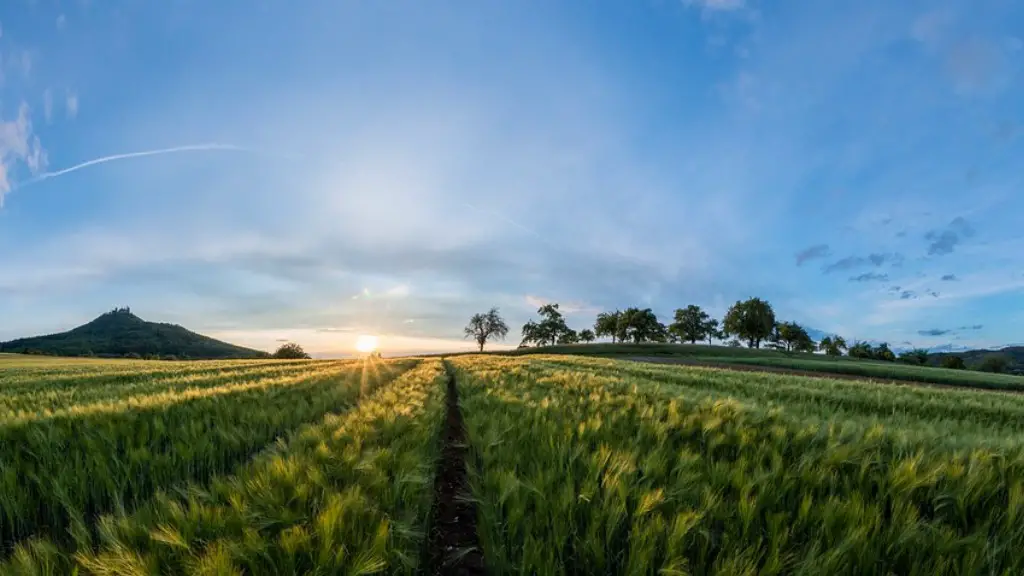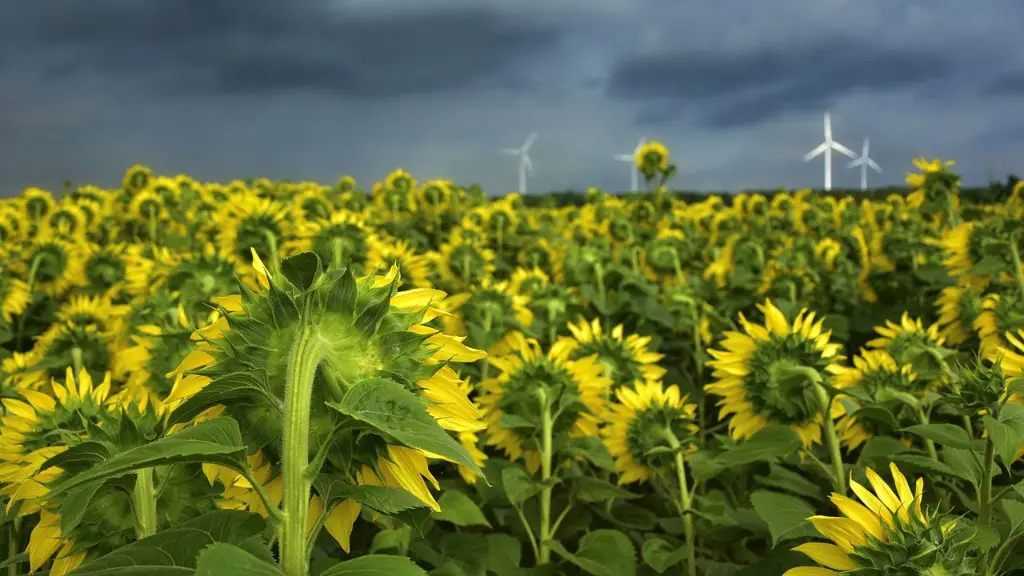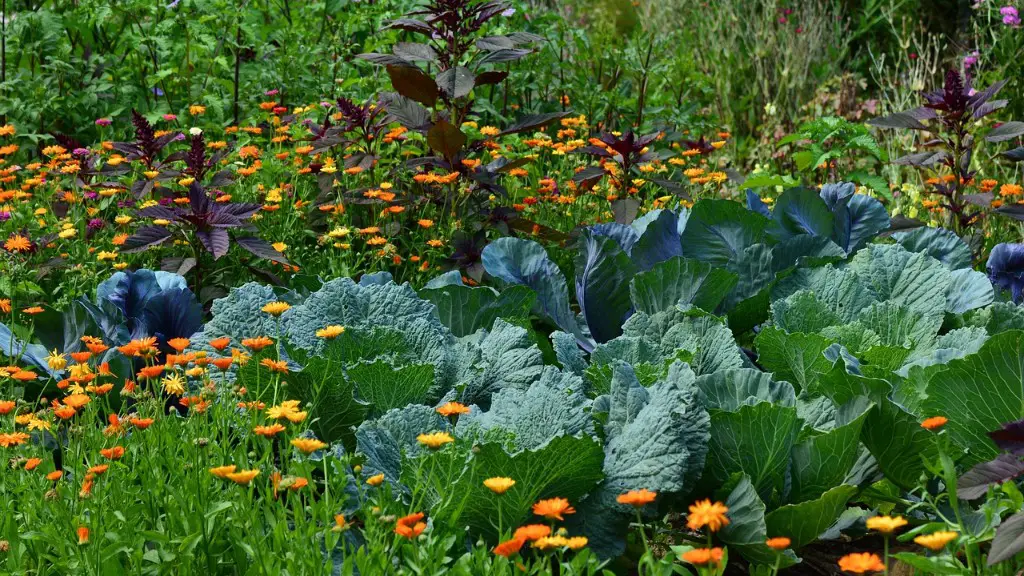The use of Artificial Intelligence (AI) to automate processes in the agricultural sector has become increasingly important in the last few decades. With the application of AI in agriculture, the sector achieves great efficiency in terms of crop yield, labor cost, fertilizer efficacy, and innovating new technologies. In this context, AI-driven systems increasingly support decision making at the farm level by providing insights on when and how to manage crops and plantation cycles.
AI can analyze a variety of data sources that include soil samples, climate data, and other forms of digital sensor data to provide useful information. Such information is useful in assisting farmers to make decisions at a very granular level, even on a daily basis. AI-based decision making is used in the area of precision agriculture, whereby farming decisions are made using the help of AI-enabled devices like drones and robots. These devices are able to capture data which is then analyzed to develop precision agriculture recommendations.
In terms of crop yield, AI-empowered data analysis helps in optimizing the fertilizer application, crop rotation, and timely harvesting of produce. This helps farmers to reduce the production cost and benefit from higher net returns. Additionally, AI-driven robots and drones can help in the task of crop monitoring, irrigation, and other tasks that would otherwise require manual labor.
AI can also help farmers in mitigating the risks and damages due to pest infestations and natural disasters. AI-based systems provide deep insights into how crop health and performance vary over time, as well as how climate and weather conditions impact agricultural production. Such deep insights enable more effective decisions in terms of harvesting, storage, and insurance protection of the crop yield.
Furthermore, AI can help in optimizing the livestock management to achieve better results in terms of meat and dairy products. Advanced AI-enabled systems are able to analyze large scale real-time data and provide deep insights into the performance of each animal. This ensures that a farm isn’t overstocked and that the animals are given suitable and timely nutritional supplements. Advanced AI-enabled software also helps in predicting diseases among animals and helps in timely containment of the diseases.
In addition, AI-driven systems are increasingly being used for the improvement of crop quality and food safety. AI-enabled systems can monitor and analyze food production, from the farm to the table. This assists farmers with vital information about food production, including nutritional content, freshness, and safety. With the help of AI, food producers are able to address any potential issues regarding food quality and safety before it reaches the consumer.
In summary, AI is making its presence felt throughout agriculture and has the potential to revolutionize the sector in the coming years. AI-enabled systems provide an effective mechanism to optimize productivity while minimizing costs and reducing risks associated with farming and food production.
Impact of AI on Crop Yield & Farming Practices
AI-powered systems have a direct and significant impact on crop yield and the farming practices employed by farmers. AI-enabled decision making can help growers increase the output of their crops while using the same amount of inputs and in some cases, lesser inputs. Through the use of digital sensing and AI-driven decision support systems, farmers can make better decisions on when and how to manage their crops and plantation cycles. With the help of AI-assisted crop management, farmers are able to increase their yields and reduce the production cost.
Furthermore, AI-empowered data analysis helps in optimizing the fertilizer application, timely harvesting of produce, crop rotation and other farming practices. Additionally, AI-enabled robots and drones are able to capture data which is then analyzed to offer precision agriculture recommendations that help farmers get even deeper insights and optimize their farming activities. This enables farmers to save labor costs, reduce the rate of crop failure, and enjoy significantly increased crop output.
Not only does AI enable improved precision in farming activities, but it also helps farmers in mitigating the risks associated with pests infestations, natural disasters, and other unforeseen events that could be detrimental to crop health. By analyzing various data sources including soil samples, climate data, and digital sensors, AI-based systems are able to provide farmers with real-time insights into weather and climate conditions and their effect on crop health. This helps in more effective decisions in terms of harvesting, storage, and insurance protection of the crop yield.
In addition, AI-based decision making also provides farmers with predictions about the best time to sow, as well as insights into the expected yields for the crop. This helps farmers in terms of focusing their efforts on the most profitable parts of their farm and being better prepared to handle potential risks or losses.
Finally, AI-enabled systems can provide farmers with better insights into soil management, irrigation, and other important farming processes. AI-assisted technologies like soil sample analysis automate the task of analyzing soil, providingfarmers with a more accurate and timely analysis of soil composition and fertility.
AI in Livestock Management
AI systems have the potential to revolutionize livestock management and greatly improve the quality and output of meat and dairy products. AI-enabled decision making enables farmers to analyze real-time data and get insights into the performance of their livestock. This allows farmers to better handle their farm’s capacity, avoiding overstocking, as well as providing timely nutritional supplements to ensure optimal animal health.
In addition, AI-based systems can help with predictive health monitoring. AI-driven image recognition algorithms can be used to detect abnormalities in livestock, allowing farmers to identify potential diseases before they spreadand allowing timely containment. This helps farmers reduce unnecessary lossess and ensures the health of their animals.
AI-based systems can also be used to monitor cows and other livestock, providingfarmers with vital insights into the animals’ general well-being, such as activity level, eating habits, milk production, etc. Through the analysisof such data, farmers are able to identify potential health issues and take corrective actions as soon as possible.
Finally, AI can play an important role in improving milk quality and dairy output. AI-driven decision support systems can provide farmers with valuable insights into the milk production process across different animals, helping farmers boost their dairy output. AI-enabled systems can also provide precise information about milk composition, allowingfarmers to better assess milk quality.
AI-assisted Food Quality & Safety
AI-driven systems have the potential to improve food safety and quality management. AI-based systems monitor and analyze food production from the farm to the table, providingfarmers with vital information about food production, including nutritional content, freshness, and safety. This helps food producers to identify potential issues related to food quality and safety before the product reaches the consumers—keeping their customers safe.
In addition, AI-enabled decision making can analyze the food production process on a large scale, enabling food producers to identify points of failure in the system and optimize their production lines. This ensures higher levels of safety and quality, without sacrificing production efficiency.
Finally, AI-powered systems are increasingly being used in the food retail and restaurant industry. AI-enabled solutions are being used to analyze customer preferences and provide personalized recommendations, helping businesses to better serve their customers. Additionally, AI-driven systems are helping food companies and restaurants to optimize their staff scheduling, reducing operational costs.
In summary, AI systems have the potential to revolutionize the food industry and help food companies and restaurants to improve food safety and quality, optimize their staff scheduling and production lines, and provide better customer services.
AI-driven Automation
AI-driven automation has been increasingly adopted in the agricultural sector in recent years. AI-enabled solutions are being used to automate various farming processes, from soil analysis and crop rotation to livestock management and food production. This helps to reduce the manual labor required while optimizing agricultural productivity and efficiency.
AI-powered systems can automate the testing of soil composition and fertility, providing more accurate and timely analysis of the soil. Furthermore, AI-enabled solutions are increasingly being used in the management of livestock and the optimization of dairy production. AI-powered solutions can monitoranimals, identify potential health issues, optimizenutritional supplements, and provide insights into the milk production process.
Additionally, AI-driven automation is being used in food production lines. AI-powered systems can analyze food production techniques at a large scale, enabling the identification of potential areas of improvement and optimization of production lines.
Finally, AI-enabled decision support systems can help automate crop management and harvesting, optimizing farmers’ efforts and reducing manual labor costs. AI-driven systems can predict the best time to sow, and offer insights into expected yields for the crop.
In summary, AI-driven automation technologies have revolutionized the agricultural sector and are helping farmers better manage their resources, increase productivity, and save labor costs.
